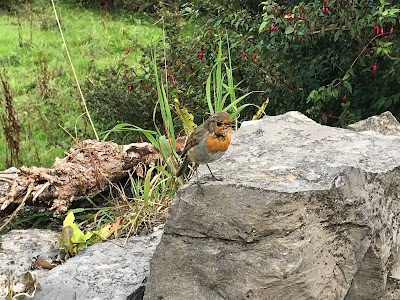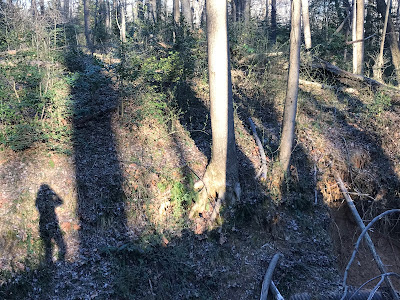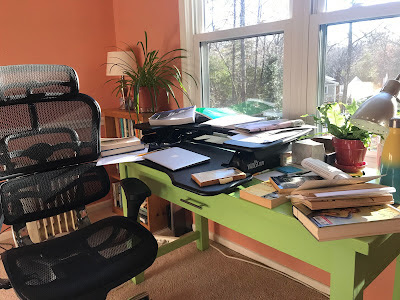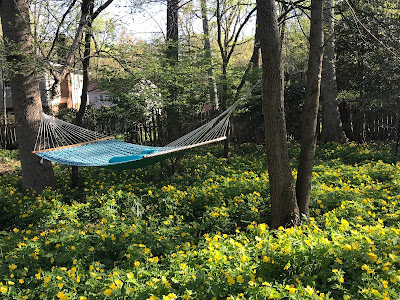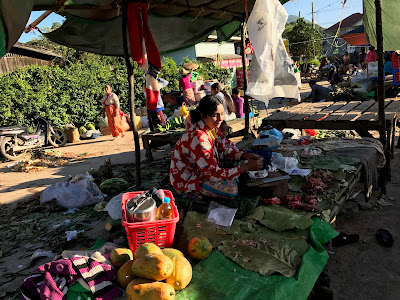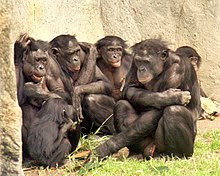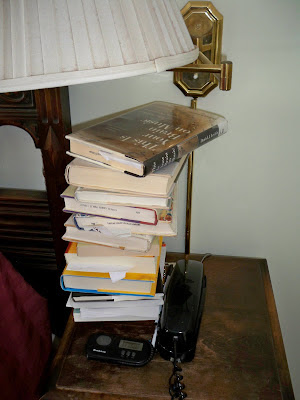Feeling the Pull
Writing and weather has kept me mostly inside for the better part of two weeks, and I’m feeling the loss of woods and sky and birdsong.
Late yesterday’s walk was a reminder of just how much. The bamboo forest. The creekside trail. Everything green and glowing from the rain and chill. A new tree down to clamber over.
It was a pleasure to tromp through it all. And this morning, as I watch bluejays dart and a fox scamper home, as sunlight pools in the shady yard, I feel the pull of the outdoors again.
(No, this was not taken in the Virginia woods. It’s an Irish robin posing on the isle of Inishmore.)
